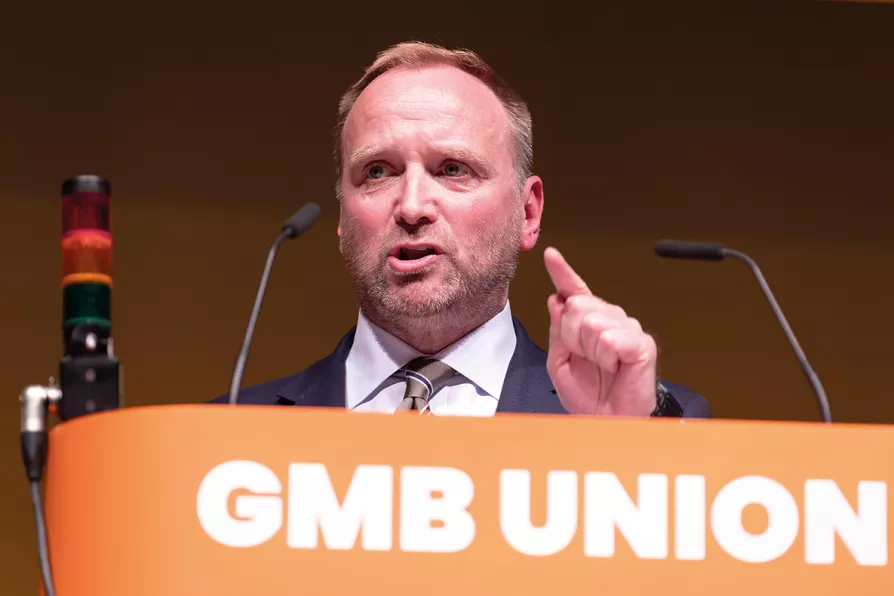From London’s holly-sellers to Engels’s flaming Christmas centrepiece, the plum pudding was more than festive fare in Victorian Britain, says KEITH FLETT

 GMB general secretary Gary Smith
GMB general secretary Gary Smith
GMB conference broke yesterday afternoon for delegates to campaign for a Labour election victory.
Though the focus of conference has been strongly industrial, multiple delegates referred to the hope a final end to Conservative rule after 14 years represents.
GMB’s general secretary, Gary Smith, stands by that despite the doubts over whether Keir Starmer’s Labour will change all that much.

With ‘Your Party’ holding its founding conference in Liverpool this weekend, JEREMY CORBYN speaks to Morning Star editor Ben Chacko about its potential, its priorities — and a few of its controversies too

CWU leader DAVE WARD tells Ben Chacko a strategy to unite workers on class lines is needed – and sectoral collective bargaining must be at its heart

Ben Chacko talks to RMT leader EDDIE DEMPSEY about how the key to fixing broken Britain lies in collective sectoral bargaining, restoring unions’ ability to take solidarity strike action and bringing about the much-vaunted ‘wave of insourcing’

Incoming Usdaw general secretary JOANNE THOMAS talks to Ben Chacko about workers’ rights, Labour and how to arrest the decline of the high street










